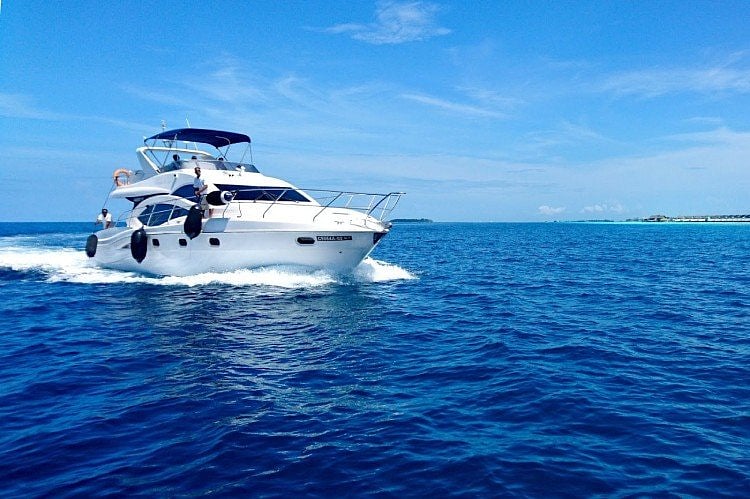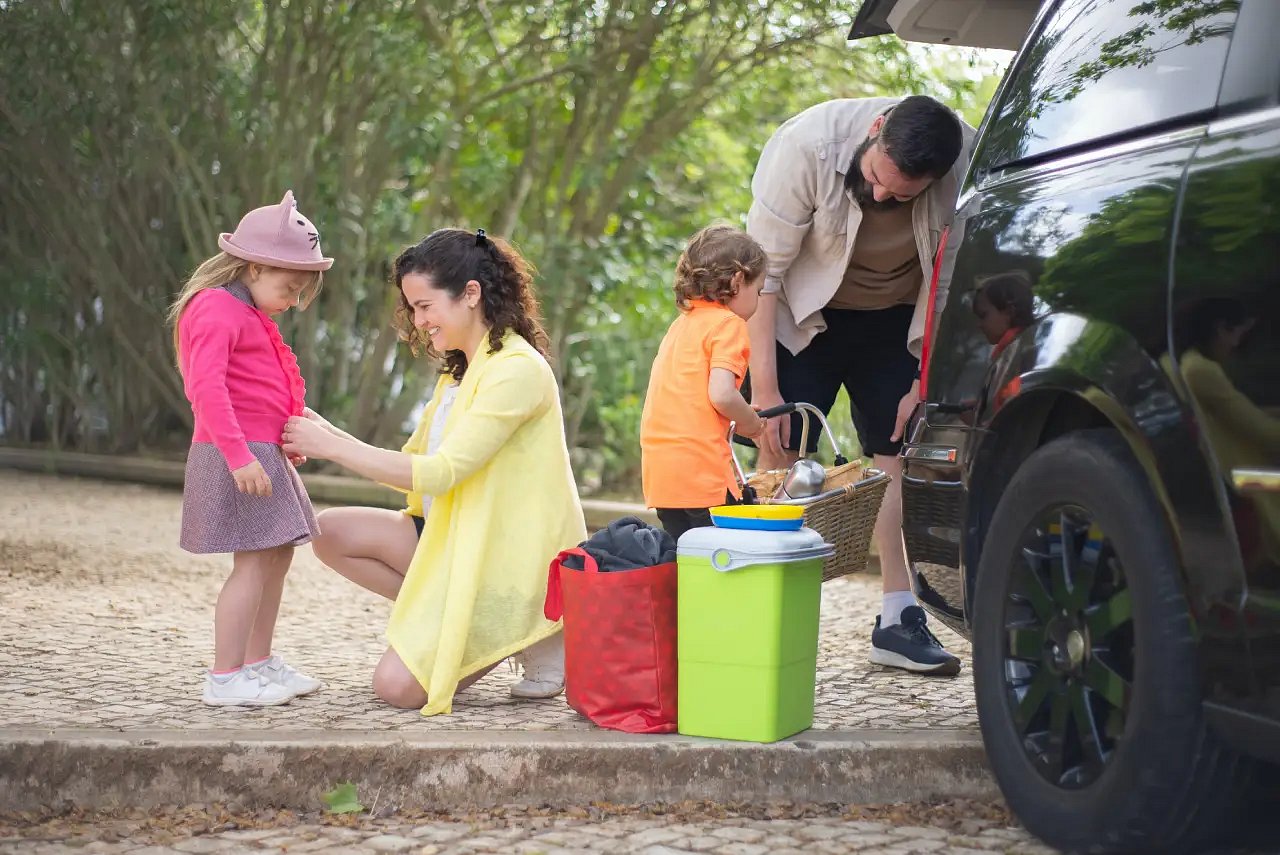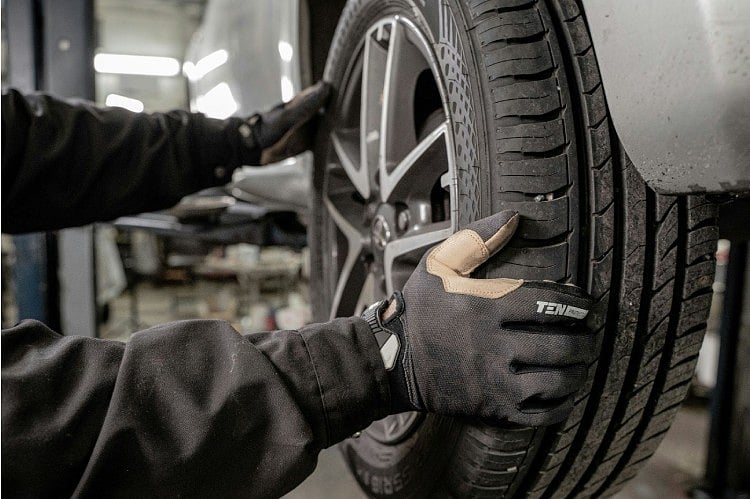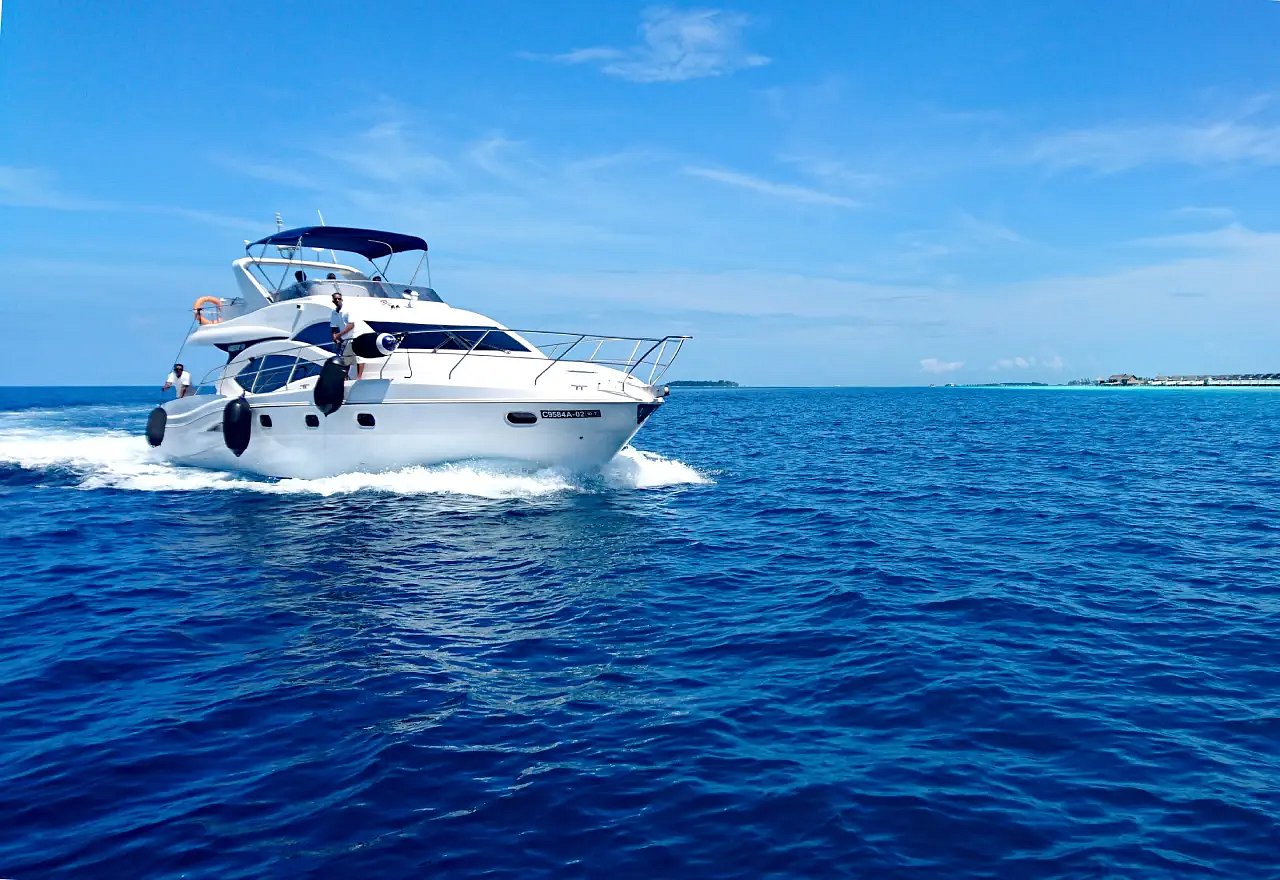Knowledge Hub
Knowledge Hub

Salvage and wreck removal: what you need to know about boat insurance
Motoring and Travel
June 04, 2024
Recreational boating is a great hobby, given South Africa’s beautiful waters and amazing weather. There’s also the option to take up a variety of watersports, like waterskiing, jet-skiing or fishing. Whether buying your first boat or upgrading to a more sophisticated one, you may not know that your costs can go beyond replacing or repairing your boat if your craft is wrecked. This could include significant salvage and wreckage removal-related fees. Discover how Dialdirect'sBoat Insurance can steer you in the right direction and help you save on costs.
Risks and challenges of recreational boating
Like all pastimes involving costly equipment and accessories, recreational boating comes with risks that boat owners must be aware of. Many new boaters don't realise that boats face unique environmental threats that can complicate boat salvage, repair and recovery after an accident or collision. While car wrecks can be accessed and removed from accident scenes quickly and easily, boats can maroon, capsize or sink. Those crafts that remain afloat but marooned can be difficult to access due to poor weather and water conditions, putting recovery vessels and crew at risk. This can cause delays and leave the boat and its contents susceptible to vandalism and theft. Discover more with our Comprehensive Beginner’s Guide to Boat Insurance.
The varied risks a boat owner faces make it essential to have comprehensive Boat Insurance as protection against possible liabilities and to ensure peace of mind.
Boat Insurance: what’s covered?
Comprehensive Watercraft Insurance will cover your vessel for its market or schedule value, with any financing costs being paid off first. It will cover the vessel and its standard fittings against theft, accidental/third-party and fire damage. You'll need to ensure that you maintain and repair your watercraft properly, with the understanding that latent defects, natural depreciation, insect or pest-related damage, and wear and tear won't be covered. You'll also be expected to take steps to secure and prevent your boat from theft and store it at an official marina or mooring. You'll require additional insurance coverage if you store non-standard accessories or belongings on the boat.
What happens if your boat is wrecked or stranded?
What happens if your watercraft is wrecked or marooned? A boat wreck refers to a vessel that has been damaged or destroyed, typically resulting from collisions, grounding, or rough weather conditions. It renders the boat inoperable or results in the vessel sinking. Both scenarios involve a loss of control over the vessel, posing significant risks to the crew's safety and requiring swift action for retrieval.
A fundamental aspect of Boat Insurance is how it covers incidents when your boat is wrecked and needs recovery or salvage. Boat recovery and salvage[1] involves retrieving and restoring vessels that have been damaged, sunk, or stranded on the water or shore. This process often requires specialised equipment and expertise to recover the vessel safely, minimise environmental impact, and potentially restore it to working condition.
Firstly, you're comprehensively covered for theft and damage taking place in South African inland waters or up to 20km off-shore in our coastal waters (no more than 23 degrees south). Your coverage is limited to damage should an accident occur in Botswana, Lesotho, Malawi, Mozambique, Namibia, Swaziland, Zambia or Zimbabwe.
If your boat is damaged on the water and you cannot return to shore without professional assistance from a salvaging company, you're covered for the cost of bringing it to the closest safe point and preventing further loss or damage in the process. You're also covered for all reasonable costs involved in locating and retrieving your vessel. Should the accident occur outside South Africa, you'll be covered for all boat salvage and transportation costs required to transport your boat to the nearest South African border.
In addition, our Comprehensive Boat Insurance will cover you for liability. Should you be found liable for damaging another boat or being involved in an accident where someone is injured, you're indemnified against costs and expenses. As with all forms of boat salvage insurance, specific inclusions, exclusions, and coverage limits can apply. Speak to your Dialdirect consultant for clarification.
Tips for safe and responsible boating
The best way to avoid unnecessary claims from your Boat Insurance is to take extra steps to prevent yourself from having to claim in the first place. Here are a few safety tips for doing this:
-
Take adequate safety precautions. Ensure you have enough life jackets, flotation devices, and distress flares.
-
Invest in education. Safety training goes beyond having the legally required certificates of competence needed to operate a vessel. Completing advanced safety and first aid training can prepare you for manoeuvring and navigation in adverse conditions and help manage injuries and accidents onboard. This can also help you create and update an emergency preparedness plan in line with local regulations.
-
Be mindful of the weather conditions. This means taking note of adverse weather conditions and notable events such as a full-moon spring tide, which can create intense coastal rip currents.
-
Be alert. You should stay alert and observant while operating your boat.
-
Go beyond maintenance and repair. Attend to faults and problems promptly and maintain elements of your boat that may not get attention during standard service or maintenance sessions. For example, this can mean keeping the paint on your boat vibrant and visible and checking if your gear and equipment are in working order before going on a boat trip.
Get a Boat Insurance quote from Dialdirect
Knowing how to navigate your boat is only the first step in getting the most enjoyment out of your vessel. With the right insurance, you can confidently make the most of your boat and ensure you can enjoy it for decades. For more information on accessing a comprehensiveBoat Insurance quotethat gives you much-needed peace of mind, contact Dialdirect today.

We have great insurance products
Need car, home & Life Insurance? We offer a wide range of insurance products. Switch & get cash back on insurance premiums.







